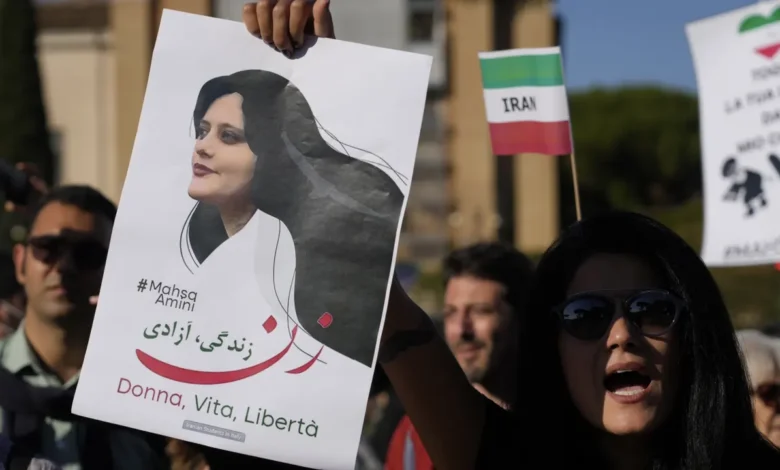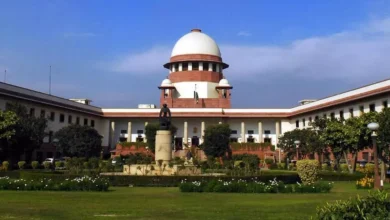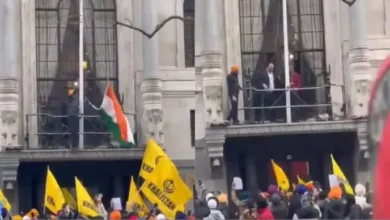Iran reintroduces new stricter Hijab laws despite months of Anti-Hijab protests
The morality police would first warn and then introduce to the judicial system, the people who have consistently broken the norms.

Months after the Anti-Hijab protests, Iran has brought back the ‘morality police’ with new stricter rules in a bid to escalate their efforts in enforcing the nation’s mandatory Hijab policy. Saeid Montazeralmahdi, the spokesperson for the Iranian Law enforcement has confirmed that the morality patrol was put back in on foot and in vehicles to make sure people do not break the clothing norms which is deemed appropriate in the Islamic Republic. He added that he expects people to conform to the accepted dress codes so that the police will have more time to focus on more important missions.
The morality police would uphold the standards of clothing and morality as prescribed in Islam and would first give a warning and then take to the judicial system, the people who do not follow the norms and are consistent and adamant on living a life contrary to the norms. Their primary task is to warn women and sometimes men who are not dressed appropriately. This could range anywhere from telling a woman to adjust her headscarf to demanding a change of clothing to wearing an article of loose clothing and deemed more appropriate. The women who would be found in contravention would be sent to a ‘re-education camp’ run by the police.
This comes 10 months after the death of Mahsa Amini in police custody after being detained in relation to a dress code violation. This caused a massive uproar amongst people around the world and led to one of the biggest protests against the Iranian regime ever to happen. After which, the Iranian government slowed down on the controversial methods of enforcement of the mandatory Hijab rule. However, this approach now appears to slowly change as the Iranian government is slowly bringing back all such methods of enforcement.
In the past few months, the police have been using surveillance to track down such violators. Such people have been given warnings, fines or sent to the court. People who were in violation while in vehicles are punished by the police by impounding their vehicles.



